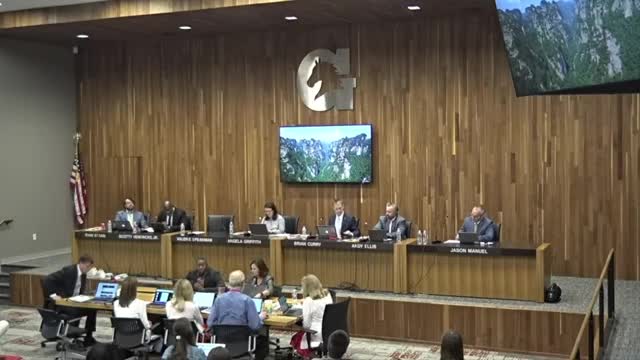Article not found
This article is no longer available. But don't worry—we've gathered other articles that discuss the same topic.
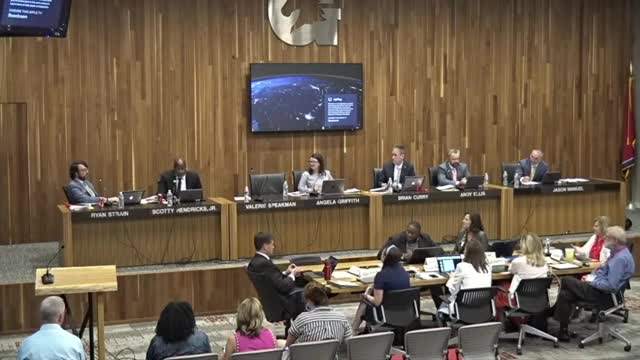
GMSD reviews April financials; board approves FY25-26 budget documents on first reading
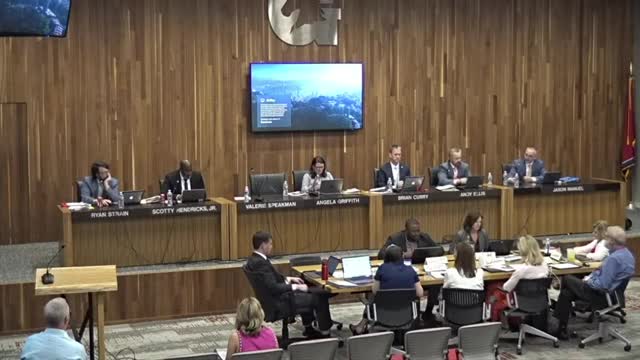
Board awards $194,026 bid for Riverdale Middle repurposing project to Grinder Tabor Grinder Inc.
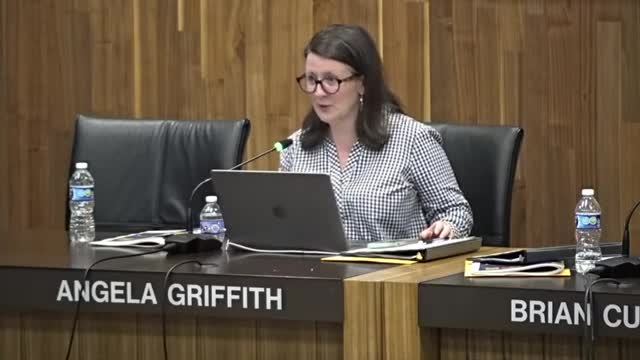
Board approves $296,584 proposal for Farmington Elementary playground
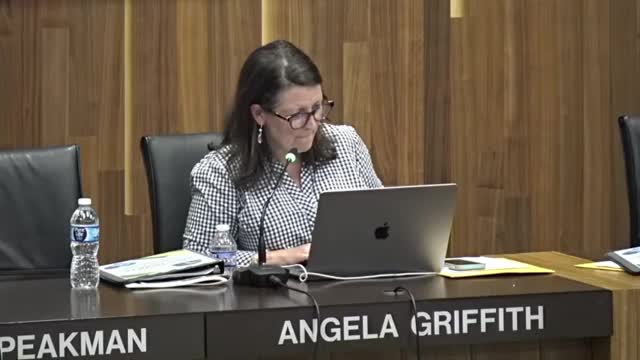
GMSD hears Farmington principal on Capturing Kids' Hearts and approves related contract in consent agenda
